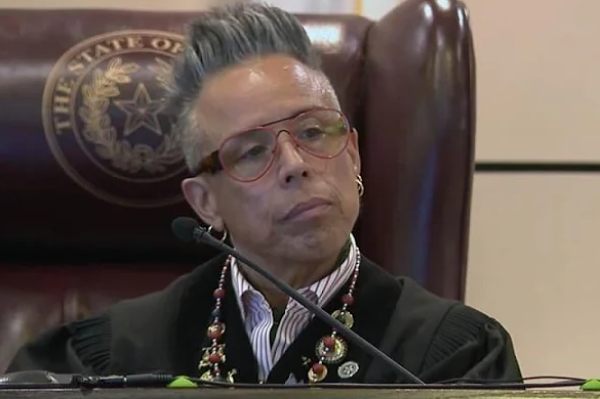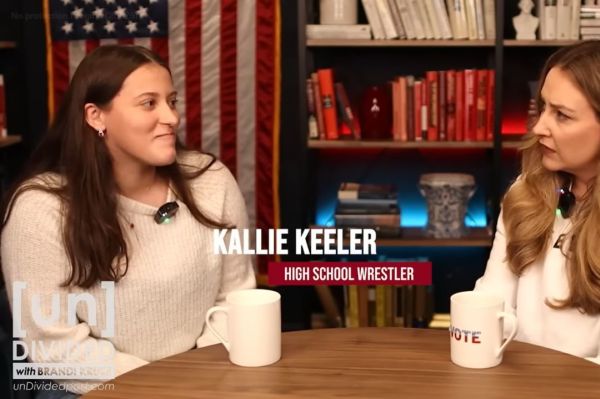Will This Year's Republican Convention Be Like 1880?
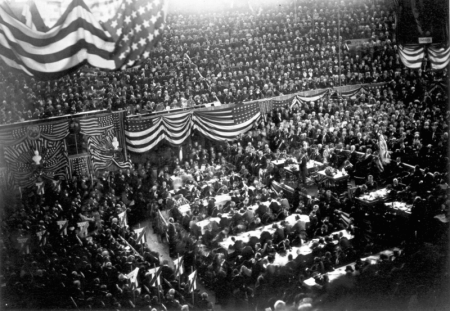
In July of this year approximately 50,000 people will attend the Republican National Convention at the Quicken Loans Arena in Cleveland, Ohio.
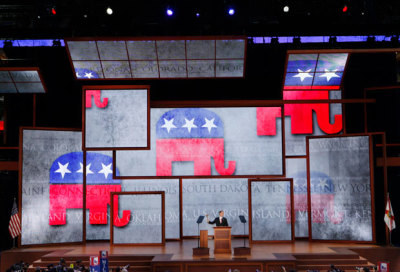
Current Republican frontrunner Donald Trump is presently leading his opponents in the race to get enough delegates to secure the party nomination.
However, many have expressed concern over the controversial Trump becoming the nominee and have looked for an anti-Trump to get the nomination in spite of lacking a larger share of votes and delegates.
As a result, there is a chance that this year's GOP Convention will resemble the party's 1880 convention, which had a brokered result.
1880
In the race for the White House, the Republican Party found itself divided from within between two factions, the Stalwarts and the Half-Breeds.
Stalwarts were the "crony capitalist" or "machine politics" wing of the party and were led by New York Senator Roscoe Conkling.
Half-Breeds wanted to reform the "spoils system" that kept the Stalwarts in power. They were led by Maine Senator James E. Blaine.
While the Stalwarts put forth former president and general Ulysses S. Grant as their candidate, the Half-Breeds chose Blaine.
Because of the divide, neither candidate entered the 1880 convention with a clear majority of delegates to secure the nomination. The contested convention became a brokered one as several ballots were cast without a clear victor.
"Although nearly two-thirds of the delegates had been pledged to either Grant or his Half-Breed opponent Blaine when the Republican National Convention convened, securing a majority of 370 proved impossible for either candidate," noted Ashley Portero of Demand Media.
The voting continued for three days with the delegates eventually backing someone who wasn't even a candidate.
"After more than 30 ballots resulted in a stalemate, James Garfield emerged as a compromise candidate. At the 36th ballot, when Grant still had the support [of] 309 delegates, the party's moderate and liberal factions joined forces behind Garfield, sweeping him to victory with the support of 399 delegates," Portero noted.
Garfield went on to win the presidential election in November, only to be assassinated the following year.
2016
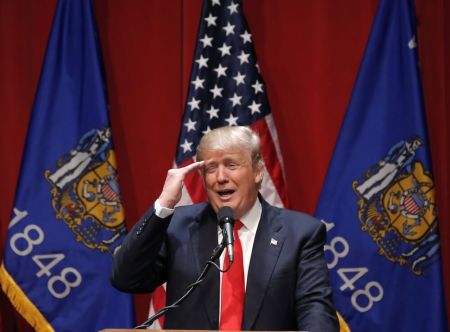
Despite the controversial nature of his rhetoric and background, Trump has successfully led a crowded Republican field in the number of primaries won and delegates accrued.
Nevertheless, Republican opponents U.S. Senator Ted Cruz and Ohio Governor John Kasich continue to put up a sincere enough struggle that some believe Trump may fail to get the majority of delegates necessary to win on the first ballot (1,237).
Some have spoken openly of a "contested convention" in which a compromise figure may become the nominee.
In a brokered convention, the nominee selected to represent the party in the national election does not have to have been a candidate during the primary season.
Hence, former House Speaker John Boehner and the Koch brothers have suggested current House Speaker Paul Ryan become the nominee.
"Charles Koch is confident House Speaker Paul Ryan could emerge from the Republican National Convention as the party's nominee if Donald Trump comes up at least 100 delegates shy, he has told friends privately," reported The Huffington Post.
"People close to Ryan continue to insist publicly that he has no interest in the nomination. And one associate of the speaker said he "guarantees" there has been no conversation with Charles Koch about the possibility …."
In this respect, Ryan is similar to Garfield, who insisted he was not a candidate until the moment he became the nominee.
Skepticism
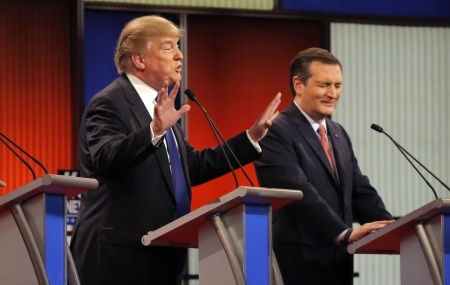
At the start of April, Trump holds a strong lead in the GOP primary season, having gotten 737 of the necessary 1237 delegates to secure the nomination; his nearest opponent, Sen. Cruz, has 470.
While many have talked or advocated for a brokered convention come July, others, including Daniel Klinghard of Fortune, have stated that no such scenario will play out.
In a column published last month, Klinghard noted that a brokered Republican convention has not occurred since 1920, when Warren G. Harding got the nomination.
"The convention turned to Garfield because two major blocks were deadlocked, unable to beat one another and unwilling to compromise. It turned to Harding because there were no standout candidates who came to the convention with a clear following," wrote Klinghard.
"Rejecting a popular candidate today — particularly one who has as enthusiastic a following as Trump — means rejecting that candidate's supporters, who expect that the convention will represent their will."












